In a bid to enhance the experience of worshippers during the holy month of Ramadan, Saudi authorities have introduced artificial intelligence (AI) robot services at the revered Masjid-ul-Haram mosque. According to a report by Gulf News on Friday, March 29, these robots will assist worshippers in various matters related to religious rituals and guidance.
The AI robots deployed at the Grand Mosque will provide guidance to worshippers on performing Acha Ra ceremonies, a significant aspect of Islamic worship. Additionally, worshippers will have access to religious edicts, known as fatwas, with simultaneous interpretation in different languages. This initiative aims to cater to the diverse linguistic needs of worshippers visiting the mosque.
Furthermore, the AI robots will facilitate online access to clerics, allowing worshippers to seek guidance and clarification on religious matters. This technological advancement underscores the commitment of Saudi authorities to leverage advanced and modern technology for the propagation of Islam.
Abdul Rahman Al Sudais, the head of religious affairs at the Holy Mosque-Haram and Masjid Nabbi, emphasized the importance of utilizing innovative digital solutions to enrich the worship experience. He highlighted the significance of such initiatives in facilitating the dissemination of Islamic teachings and guidance, particularly during the auspicious month of Ramadan.
The robot services are available in a total of 11 languages, catering to a diverse global audience. These languages include Bengali, Arabic, English, French, Russian, Persian, Turkish, Urdu, and Chinese. Equipped with a 21-inch touchscreen interface, the AI robots aim to provide seamless assistance to worshippers, ensuring a smooth and fulfilling Ramadan experience.
As technology continues to evolve, initiatives like the introduction of AI robot services in Masjid-ul-Haram demonstrate the integration of modern solutions to enhance traditional religious practices. This innovative approach reflects Saudi Arabia's commitment to embracing digital advancements while preserving the sanctity and reverence of religious rituals.



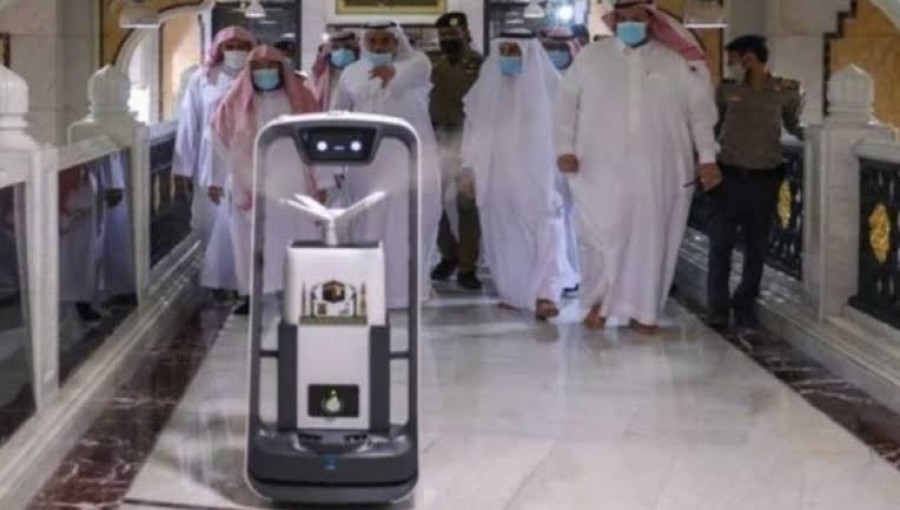

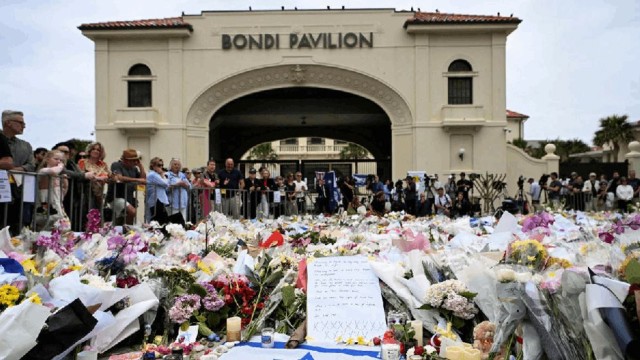

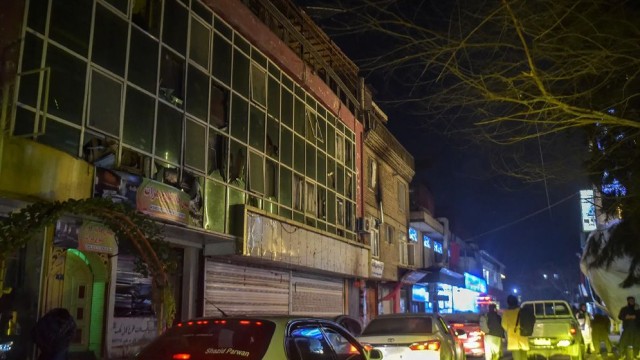


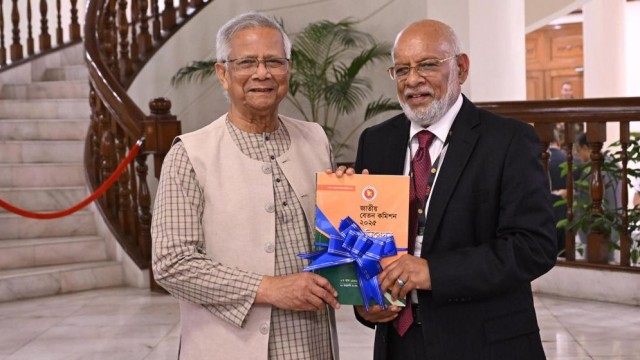

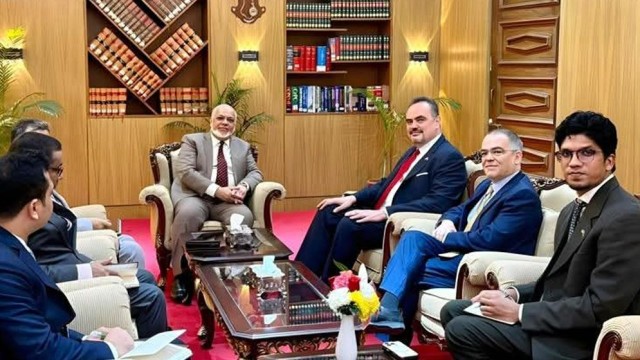

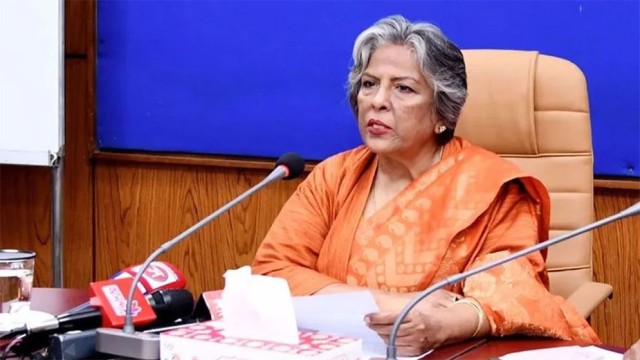
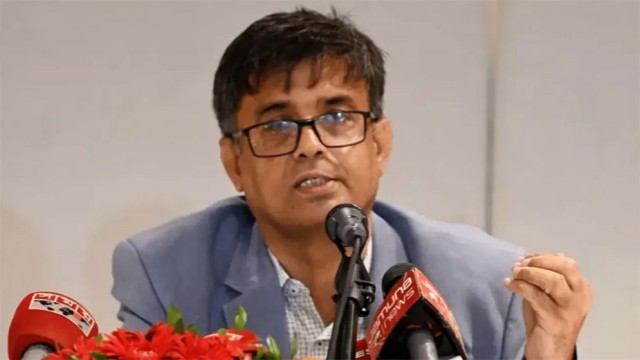

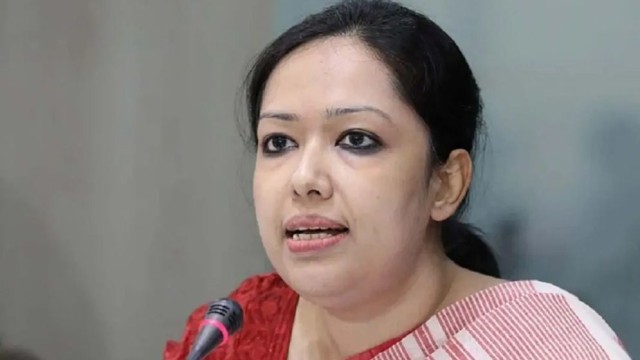
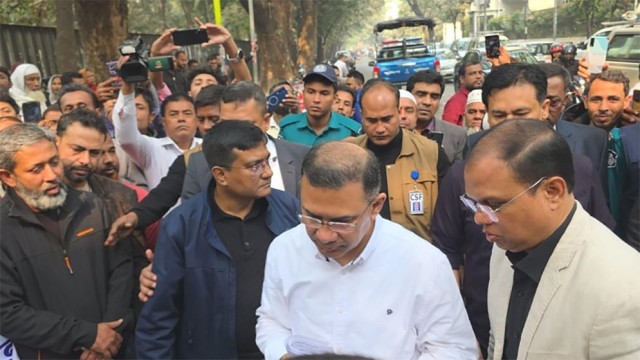









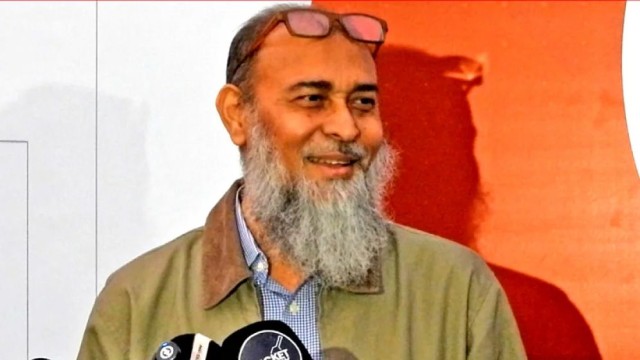


Comment: